News
For media inquiries, please contact OUUVzrqvn@hpfs.rqhude.fscu@aidemIHHB
Image
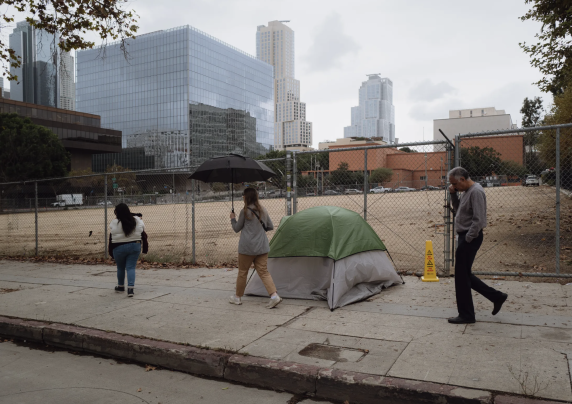
Homeless Camp Sweeps Can Harm Health. Some Cities Are Trying a New Way
November 20, 2025
Image
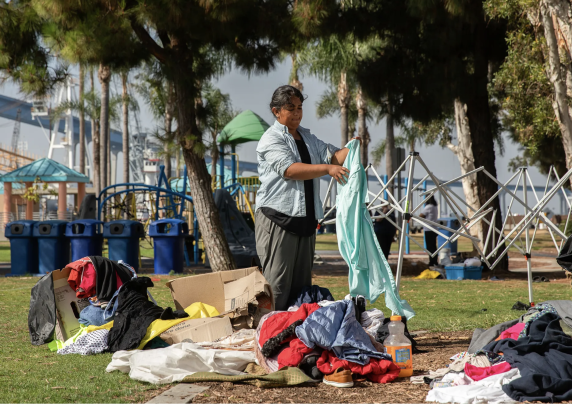
Image

Image
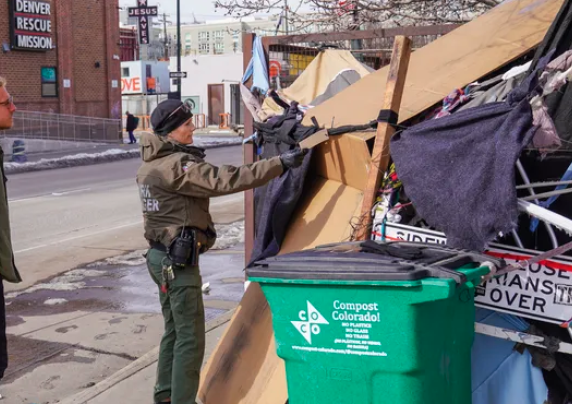
Image
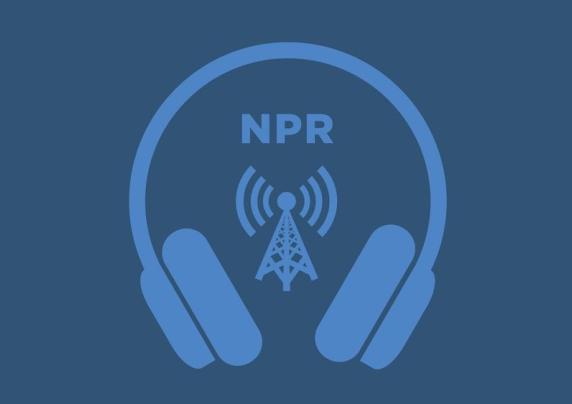
Image

Working Yet Homeless in America
July 22, 2025
Image
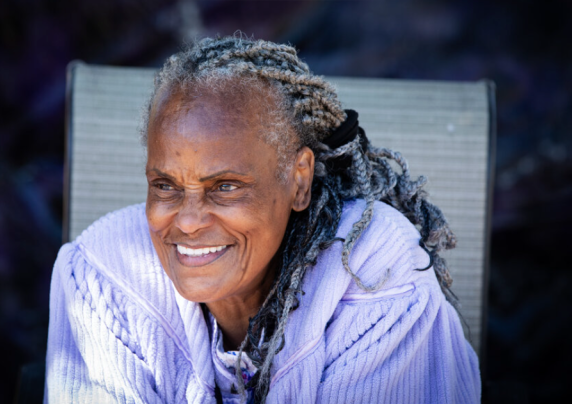
Image

Image
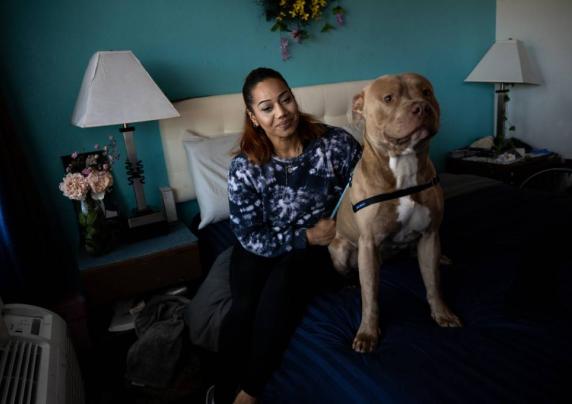
Image
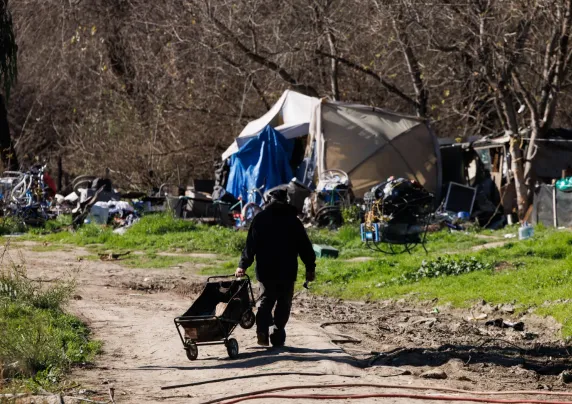
Study Finds Just 37% of California Homeless People Are Regular Drug Users
Mercury News •
March 10, 2025